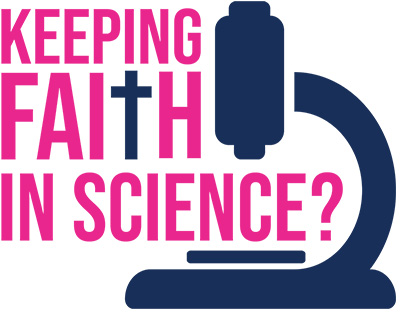Distributive Justice: Love in Action

Dr Kortright Davies, Professor of Theology at Howard University
Justice covers a spectrum of issues regarding ownership, resources, benefits, outcomes, authority, institutional codes and customs, moral responsibilities, human freedoms, and above all, legal traditions sustained by cultural norms and values. Quite often, we are able to identify justice through the experience of injustice. Cries of lament and human suffering generate movements of protest and practice, memories of discord and distortions, as well as measures of structural violations. No wonder then that the global community understands, and often laments, the denial of justice. The global community also seeks to raise a universal call for action against structural and systemically unjust denials of human rights, human needs, human progress, and human wholeness.
The global community collectively understands the basic need for human survival, sustainable existence, and social access. The global community collectively understands the inevitable results and subsequent ripple effects when access to basic human needs is denied because of the unjust dominance of four social, political, economic, historical, and systemic forces.
Justice is often spoken of as love-in-action. Theologically, the active and practical realisation of distributive justice is nothing less than the actualisation of one’s faithful response to the radically inclusive love of God.
Hebrew prophets from the seventh and eight centuries proclaimed that their God was a God of justice, righteousness, and mercy. God is clearly and unconditionally on the side of the poor, oppressed and marginalized. The Sacred Scriptures shine an inescapable light on the character of that God whose covenantal demands of obedience and faithfulness are brought to life through distributive justice.
One cannot read Luke’s Gospel or the Acts of the Apostles without acknowledging the description of God’s unconditional focus on the intersection between divine love and human justice. Mary proclaims the divine way of distributive justice in the Song of the Magnificat. Even more importantly, Mary gives birth to the Messiah, whose ministry, message, mandate, and movement turns the world upside down. Jesus is invited to read from the prophecy of Isaiah in his own hometown of Nazareth, and immediately gets into theological trouble by interpreting the text in terms of his own ministry - the implementation of divine/distributive justice. The rich young applicant for membership in his messianic band fails the basic qualification of selling all that he has and giving the proceeds to the poor. The mythical story in Acts Chapter 5, dealing with Ananias and his wife’s greed and dishonesty, carries far-reaching implications for the ethical imperatives of selflessness and Spirit-filled justice.
God’s justice is disclosed, delivered, dispersed, and is to be distributed. Distributive justice, then, demands an irrevocable commitment to radical fairness, and a relentless concern for the poor, the imprisoned, the naked, the homeless, the hopeless, the oppressed, the marginalised, and the dehumanised.
Kortright Davis will be speaking at 7.30pm on Thursday 24 February as part of USPG's Keeping Faith in Science? series. 
How does Christian faith speak into current debates about health sciences, technology, the climate crisis or distributive justice? Every Thursday in February 2022 at 7.30pm (UTC), USPG will be facilitating discussions on these important areas with theologians, scientists, church leaders, ordinands and lay leaders.
Register to be a part of these informative, interactive webinars where you will join with participants from across the Anglican Communion.
